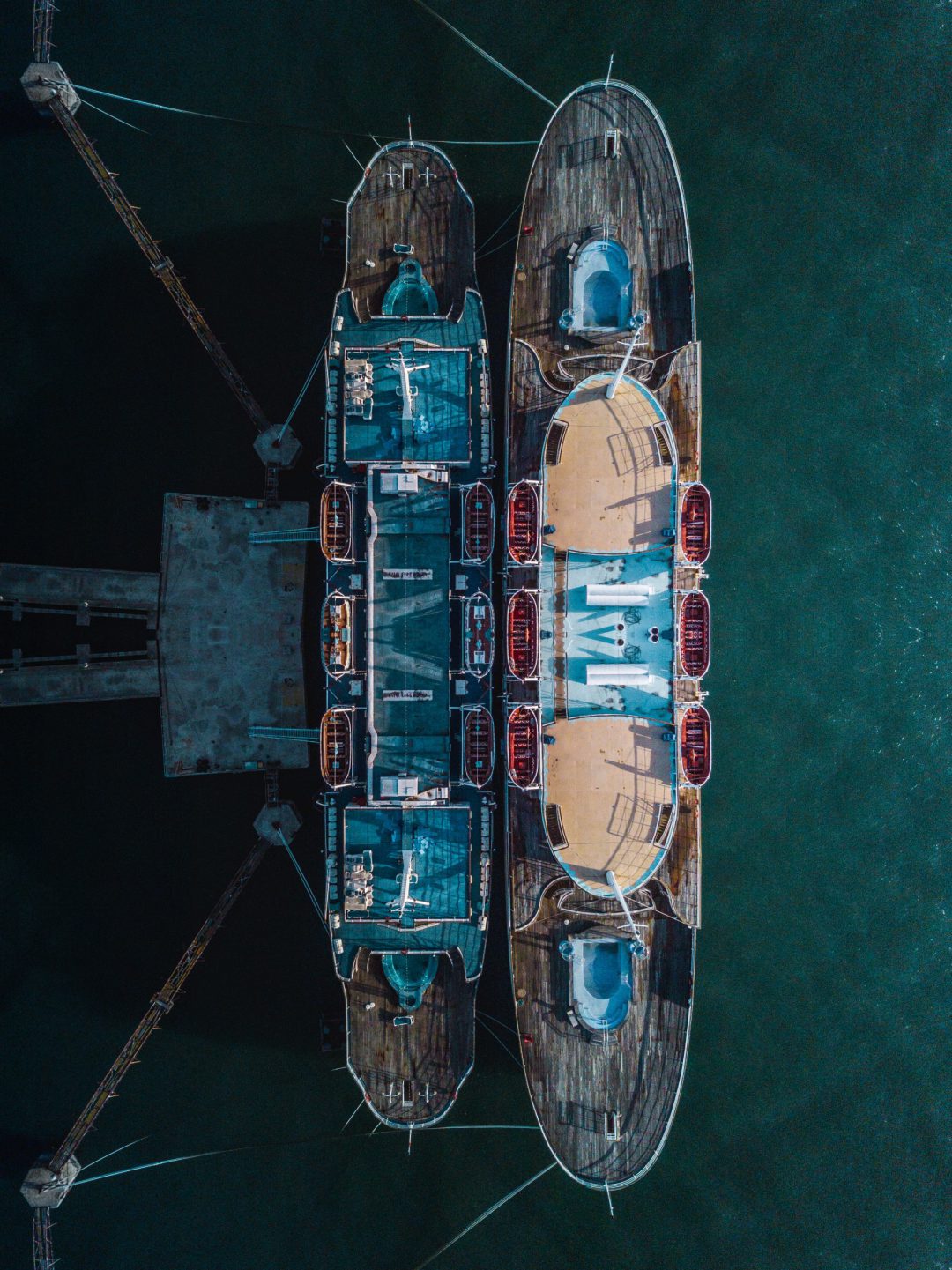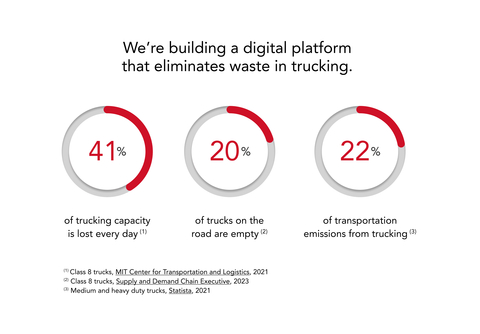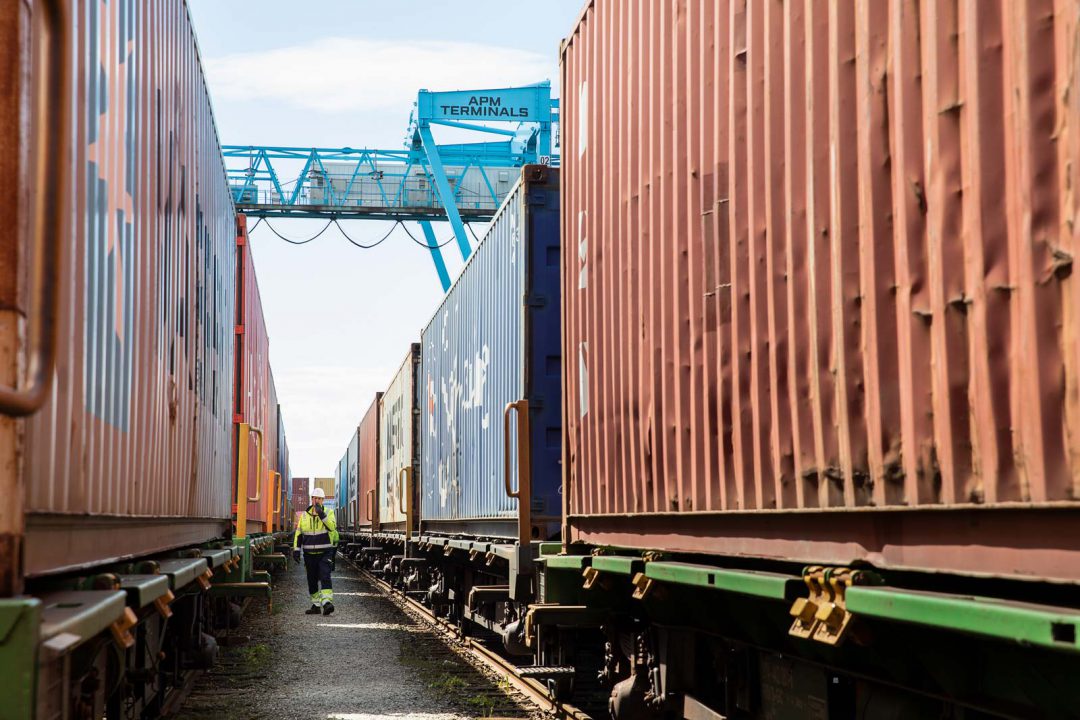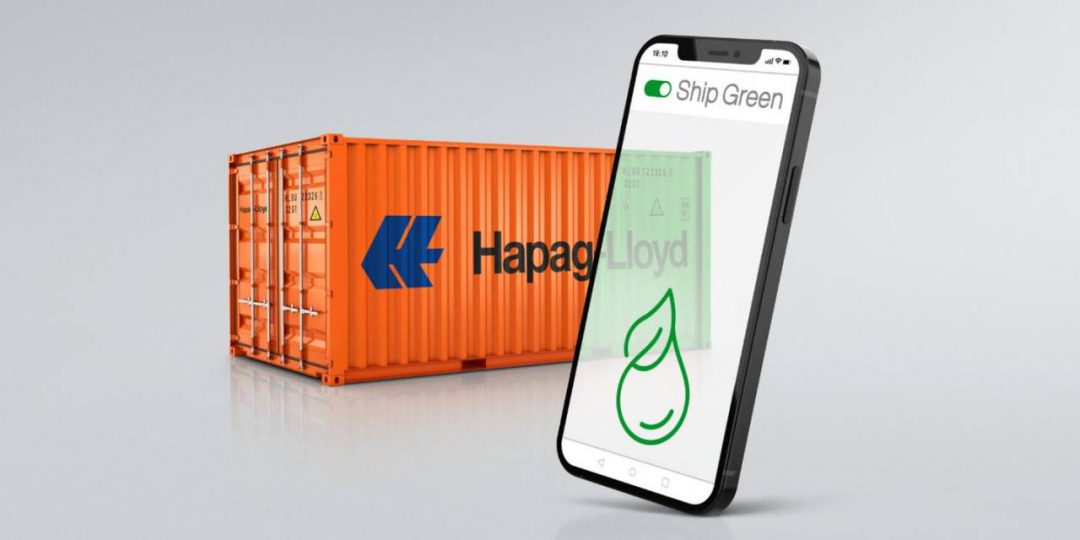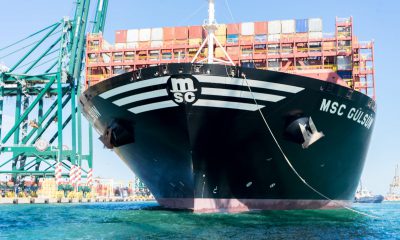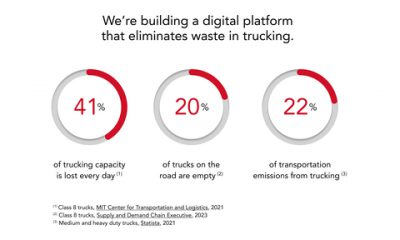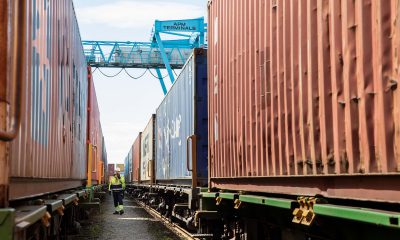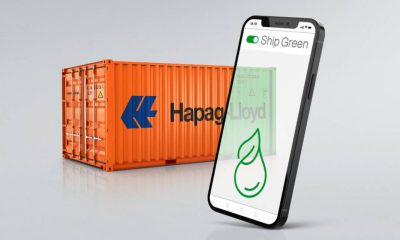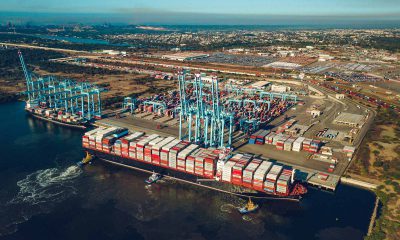FourKites, the world’s leading real-time supply chain visibility platform, has released powerful new capabilities designed to help shippers, carriers and forwarders more quickly and easily collaborate to increase end customer satisfaction, reduce supply chain costs and increase on-time delivery performance. With ever-increasing demand, supply chain visibility has become table stakes for modern supply chains, and seamless connection and communication between carriers and shippers has never been more important. FourKites’ combination of swift carrier connections, powerful collaboration tools and the industry’s highest-quality real-time logistics data provides shippers and their forwarder/carrier partners with robust assurances of rapid, frictionless implementation and faster time to value.
Instant Messenger, now with extended capabilities that allow shippers to chat directly with forwarders and carriers, gives supply chain partners the ability to view and share important information and resolve issues together, in real time. Without leaving the FourKites platform, track-and-trace and dispatch workers, drivers and warehouse personnel can view the critical information that affects shipments and deliveries — all in one single interface. Users can share documents, photographs and notes for any given load, as well as form online workgroups and control access as needed.
CarrierLink, the industry’s most downloaded visibility app for drivers, now includes improved turn-by-turn navigation for better route optimisation; mobile check-in; and new capabilities for updating appointment times, adding notes to loads and uploading paperwork. It also features enhanced capabilities for viewing fuel stops, weigh stations, location ratings and amenities along routes.
“We have hundreds of carriers within our network, from the courier side to the truckload side. When it comes to onboarding, FourKites has been fantastic,” said Josh Dolan, VP of Global Logistics, Cardinal Health. “They’ve done a phenomenal job working with carriers through the process and helping us fill the gap with new technologies that simplify and speed up onboarding, and enhance communication between Cardinal Health and our partners.”
German multinational Bayer saves time while increasing customer satisfaction, thanks to FourKites’ supply chain visibility platform. The impact has already been so strong that the company has made visibility an essential part of its long-term strategy.
“Every day, our carriers automatically share location data with our FourKites platform on hundreds of loads throughout Europe,” says Edmund Jager, Head of Distribution EMEA at Bayer. “We are able to track our products minute by minute and, in real time, pass on detailed arrival times to our customers. This means the distributors we supply always know their stock situation and end customers can depend on us to get them the seeds and crop protection they need, when they need them. We look forward to onboarding more carriers and so strengthen our customer-centric approach.”
In addition, FourKites recently announced its industry-first Tracking Quality Guarantee, which establishes the highest standards in supply chain data, guaranteeing real-time visibility and predictive intelligence into a minimum of 90% of customers’ shipments — end-to-end and across every mode and geography. This differentiated approach gives supply chain partners the collaborative opportunities and network effects they need to improve customer satisfaction and optimise their supply chain performance.
“As the first mover and leading innovator in real-time visibility and supply chain management solutions, FourKites is committed to helping shippers, forwarders and carriers achieve end-to-end supply chain visibility faster, and with assurances of the highest-quality tracking in the industry,” said FourKites founder and CEO Mathew Elenjickal. “We are excited to make these powerful new capabilities available to the community to enable greater collaboration and communication and, ultimately, value.”
